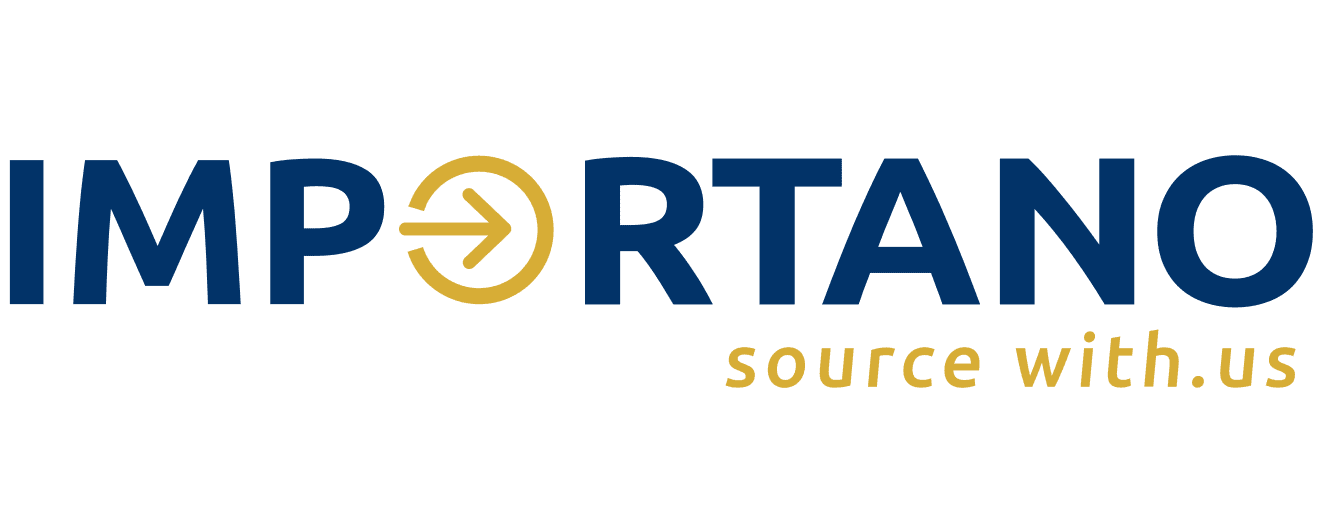
18 Apr LEVERAGING FREE TRADE AGREEMENTS (FTAs) LIKE A PRO: HIDDEN OPPORTUNITIES BEYOND BASIC DUTY SAVINGS
Free Trade Agreements (FTAs) are often seen as a golden ticket for businesses looking to reduce import/export costs through duty savings. While tariff reductions are undoubtedly a significant benefit, savvy businesses know that FTAs offer a treasure trove of hidden opportunities that go far beyond basic duty savings. If you’re only using FTAs to cut costs, you’re leaving money on the table. Let’s dive into how you can leverage FTAs like a pro and unlock their full potential.
Table of Contents
- Access to New Markets: The Gateway to Global Expansion
- Strengthening Supply Chain Resilience
- Enhanced Competitiveness Through Rules of Origin (ROO)
- Intellectual Property (IP) Protection
- Streamlined Customs Procedures
- Attracting Investment and Partnerships
- Leveraging Government Incentives
- Building Stronger Relationships with Trade Partners
- Staying Ahead of Regulatory Changes
- Sustainability and Ethical Trade
- Conclusion: Think Beyond Duty Savings
Access to New Markets: The Gateway to Global Expansion
FTAs are not just about saving money—they’re about opening doors. Many agreements provide preferential access to markets that might otherwise be difficult to penetrate due to high tariffs or regulatory barriers. For example, the Comprehensive and Progressive Agreement for Trans-Pacific Partnership (CPTPP) grants businesses access to 11 countries across the Asia-Pacific region, creating opportunities for diversification and growth.
Pro Tip: Research FTAs that align with your business goals and explore untapped markets. Use FTA provisions to establish a foothold in regions with growing demand for your products or services.
Strengthening Supply Chain Resilience
The global supply chain landscape has become increasingly volatile, with disruptions ranging from geopolitical tensions to natural disasters. FTAs can help you build a more resilient supply chain by diversifying sourcing and manufacturing locations. For instance, the USMCA (United States-Mexico-Canada Agreement) allows businesses to source materials from member countries without incurring hefty tariffs, reducing dependency on single suppliers.
Pro Tip: Map your supply chain and identify FTA partner countries that can serve as alternative sourcing hubs. This not only mitigates risk but also ensures cost efficiency.
Enhanced Competitiveness Through Rules of Origin (ROO)
Rules of Origin (ROO) are the backbone of FTAs, determining whether your product qualifies for preferential treatment. While ROO compliance can seem daunting, mastering it can give you a competitive edge. By optimizing your production processes to meet ROO requirements, you can offer your products at a lower cost compared to competitors who don’t leverage FTAs.
Pro Tip: Work closely with your customs broker or trade consultant to ensure your products meet ROO criteria. Consider localizing some production steps in FTA partner countries to qualify for benefits.
Intellectual Property (IP) Protection
Many modern FTAs include robust IP protection clauses, safeguarding your innovations, trademarks, and copyrights in foreign markets. This is particularly valuable for businesses in technology, pharmaceuticals, and creative industries. For example, the EU-South Korea FTA includes provisions for enforcing IP rights, giving businesses peace of mind when entering new markets.
Pro Tip: Review the IP provisions in relevant FTAs to ensure your intellectual assets are protected. This can also enhance your brand’s reputation and value in international markets.
Streamlined Customs Procedures
FTAs often include provisions to simplify and expedite customs procedures, reducing delays and administrative burdens. For instance, the ASEAN Free Trade Area (AFTA) has implemented initiatives like the ASEAN Single Window, which allows for faster clearance of goods across member states.
Pro Tip: Take advantage of trade facilitation measures in FTAs to speed up your import/export processes. This can lead to faster delivery times and improved customer satisfaction.
Attracting Investment and Partnerships
FTAs can make your business more attractive to foreign investors and partners. By operating in an FTA-friendly environment, you signal to stakeholders that your business is well-positioned to capitalize on international trade opportunities. Additionally, some FTAs include investment protection clauses, reducing risks for foreign investors.
Pro Tip: Highlight your use of FTAs in investor pitches and partnership discussions. It demonstrates your commitment to global growth and operational efficiency.
Leveraging Government Incentives
Many governments offer incentives to businesses that actively utilize FTAs, such as grants, tax breaks, or technical assistance. For example, Singapore’s Enterprise Development Grant supports companies in expanding overseas through FTA networks.
Pro Tip: Stay informed about government programs that support FTA utilization. These incentives can significantly offset the costs of international expansion.
Building Stronger Relationships with Trade Partners
FTAs often foster closer economic ties between member countries, creating opportunities for collaboration and joint ventures. By leveraging these agreements, you can build stronger relationships with suppliers, distributors, and customers in FTA partner countries.
Pro Tip: Attend trade missions, networking events, and industry conferences in FTA partner countries to forge meaningful connections and explore collaborative opportunities.
Staying Ahead of Regulatory Changes
FTAs are dynamic and often evolve to address emerging trade issues. By staying informed about updates and amendments, you can proactively adapt your strategies to maintain compliance and capitalize on new opportunities.
Pro Tip: Subscribe to trade newsletters, join industry associations, and consult with trade experts to stay updated on FTA developments.
Sustainability and Ethical Trade
Many modern FTAs include provisions promoting sustainable and ethical trade practices. By aligning your business with these standards, you can enhance your brand’s reputation and appeal to socially conscious consumers.
Pro Tip: Incorporate sustainability into your supply chain and marketing strategies to differentiate your brand in FTA markets.
Conclusion: Think Beyond Duty Savings
While duty savings are a compelling reason to use FTAs, the real value lies in the broader opportunities they offer. From market access and supply chain resilience to IP protection and sustainability, FTAs can be a powerful tool for driving growth and innovation. By leveraging FTAs like a pro, you can position your business for long-term success in the global marketplace.
Are you ready to unlock the full potential of FTAs? Start by evaluating your current trade strategies and exploring how these hidden opportunities can work for you. The world is your market—go claim it!

No Comments